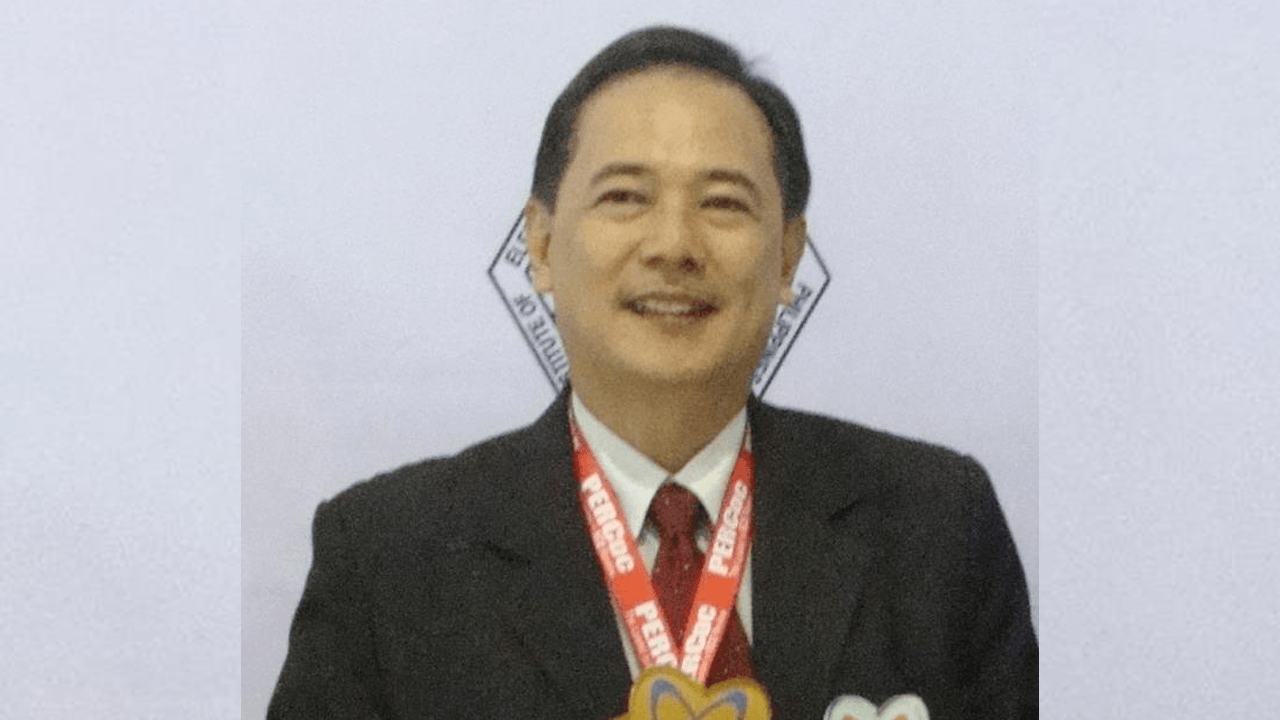SUMMARY
This is AI generated summarization, which may have errors. For context, always refer to the full article.

MANILA, Philippines – President Ferdinand Marcos Jr. selected Nelson Celis, a multi-hyphenate professional, to fill one of the two remaining vacancies in the Commission on Elections (Comelec).
On Monday, August 15, acting Comelec Chairman George Garcia sent reporters a copy of Malacañang’s letter informing him that Celis has been nominated by the president as poll commissioner.
“It’s a regular appointment. [He] cannot assume yet until confirmed,” Garcia said.
But who is Celis, and what credentials make him qualified for the position?
Advocate for clean elections, has background on Comelec work
Based on his resume provided by the Comelec chairman’s office, Celis played a role in the eventual introduction of the automated election system (AES) in the Philippines in 2010.
From 2006 to 2008, he was lead consultant of then-Comelec commissioner Resurreccion Borra, and was tasked to provide inputs in the implementation of the poll body’s AES project.
He also gave recommendations to the Comelec advisory council on how to hold automated polls, according to his resume.
From 2009 to 2010, he was co-convener of AES Watch, a watchdog alliance that pushes for the clean and honest conduct of automated polls. Since 2011, he has been the group’s spokesman.
Broadsheet columnist
His thoughts and opinions on the automated election system have found a home in The Manila Times, which publishes his column Let’s Face It.
In one of his pieces, Celis laid out options on how the Philippine government can move forward in conducting elections in 2025: (1) status quo, (2) amending the AES law, (3) shifting to a hybrid election system (HES), (4) returning to the manual system, or (5) a shift to a federal election system.
“Apparently, HES looks very promising in the next [elections]. The mere fact that these bills were filed shows how serious our 17th and 18th Congress was in passing the use of HES,” he wrote in June.
“Yet, the stakeholders, political parties, citizens’ arms, watchdogs, concerned Filipino associations (local and abroad) and the general public should be proactive, as in now, in supporting the HES so that the 19th Congress could straightforwardly pass it with gusto,” he added.
Engineer with solid IT background
Celis has an impressive career in the private sector. An electronics and communications graduate of Don Bosco Technical College, he had been chief information office of Megalink and Philippine Veterans’ Bank, general manager of a technology company, and is the managing director of his own cybersecurity firm.
He is the founding director of the National Association of Data Protection Officers of the Philippines, and is currently a lecturer at the De La Salle University. He was once the business school dean of the Pamantasan ng Lungsod ng Maynila.
He is the second man appointed to the Comelec by Marcos, after the nomination of the president’s former lawyer, acting chairman Garcia.
Celis, whose term will expire in February 2029, will join a bench dominated by appointees of former president Rodrigo Duterte: commissioners Socorro Inting, Marlon Casquejo, Aimee Ferolino, and Rey Bulay.
“We hope for the confirmation of his nomination via regular appointment, so that commission en banc, with him on board can chart the future of automated elections in the Philippines,” Comelec spokesman Rex Laudiangco said in a statement. – Rappler.com
Add a comment
How does this make you feel?
There are no comments yet. Add your comment to start the conversation.